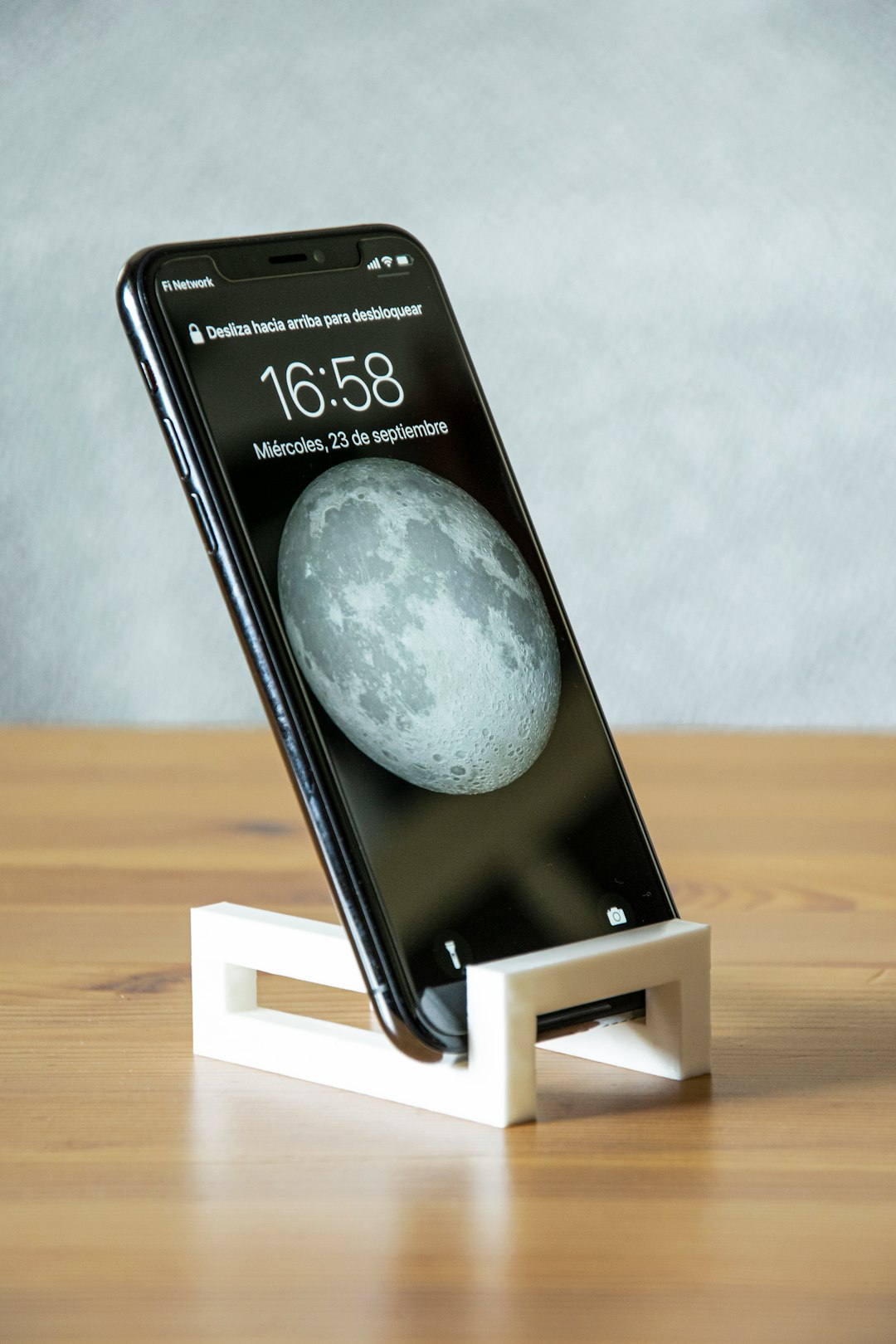Maryland's Do Not Call laws face a new challenge with the rise of wearable tech, as smartwatches and fitness trackers can bypass traditional opt-out methods. A lawyer specializing in these laws is vital to help businesses navigate this complex landscape, ensuring compliance while protecting consumers' privacy rights in the digital age, especially regarding "telephone solicitation."
“In the ever-evolving digital landscape, wearable technology has emerged as a game-changer. As Maryland adapts its ‘Do Not Call’ laws to the modern era, this article delves into the intricate relationship between these regulations and wearable tech devices. We explore how the rise of gadgets like smart watches and fitness trackers is reshaping telephone solicitation practices. From legal gray areas to the perspective of Maryland’s lawyers, this comprehensive guide unravels the challenges and implications for businesses and consumers alike.”
Understanding Maryland's Do Not Call Laws and Their Impact on Wearable Tech

Maryland’s Do Not Call laws are designed to protect residents from unwanted telemarketing calls and messages, offering them a much-needed respite from persistent sales pitches. These regulations have traditionally focused on limiting phone solicitations, but with the advent of wearable tech, a new frontier in communication has emerged. Wearable devices, such as smart watches and fitness trackers, can potentially bypass traditional Do Not Call lists.
When a person opts out of receiving telemarketing calls, their number is added to the state’s Do Not Call registry. However, with the rise of wearable technology, it becomes more challenging to regulate and monitor solicitations on these devices. A lawyer specializing in Maryland’s Do Not Call Laws can help navigate this evolving landscape, ensuring businesses adhere to regulations while safeguarding consumers’ rights in the digital age.
The Rise of Wearable Devices and Their Role in Telephone Solicitation

The rapid advancement of technology has led to a significant shift in communication methods, and wearable devices are at the forefront of this revolution. As smartphones become increasingly integrated into our daily lives, wearable tech offers a new way to stay connected—on the go. From fitness trackers to smart watches, these devices not only monitor health and activity but also facilitate calls, texts, and even video chats with a simple tap or voice command. This evolution in communication presents both opportunities and challenges, especially when it comes to telephone solicitation laws.
In Maryland, where Do Not Call Laws are stringent, the line between legitimate business contact and intrusive sales calls can be blurred by the accessibility of wearable tech. With just a glance at a smartwatch, potential solicitors could bypass traditional phone numbers and directly reach consumers through their wearable devices. This raises questions about compliance and privacy, especially as more people rely on these gadgets for daily interactions. Thus, understanding the role of wearable technology in telephone solicitation is crucial, particularly when seeking guidance from a lawyer specializing in Maryland’s Do Not Call Laws.
Exploring the Legal Gray Areas: When Does Wearable Tech Cross the Line?

In the age of wearable technology, the lines between personal privacy and marketing have become increasingly blurred. As devices like smartwatches and fitness trackers become more integrated into daily life, businesses are exploring new ways to engage consumers through these platforms. However, this raises important legal questions, particularly when it comes to Maryland’s strict Do Not Call Laws. The definition of “telephone solicitation” is evolving, and with it, the grey areas surrounding what constitutes an acceptable marketing practice.
Wearable tech companies must navigate these uncharted waters carefully. A simple notification about a new product feature or special offer could be seen as intrusive if not properly consented to, especially when the device is constantly on a user’s wrist. Lawyers specializing in Do Not Call Laws in Maryland can play a crucial role in helping businesses understand and respect consumer privacy while exploring innovative marketing strategies.
A Lawyer's Perspective: Navigating the Challenges of Do Not Call Regulations in Maryland

In Maryland, as across the nation, telephone solicitation is a heavily regulated area, particularly with regard to consumer protection laws aimed at preventing unwanted calls, often known as “do-not-call” regulations. From a lawyer’s perspective, navigating these regulations can be complex, especially in an age where technology blurs traditional boundaries. With the advent of wearable tech and increasingly sophisticated communication devices, the line between personal and professional calls has become blurred, presenting unique challenges for businesses and legal professionals alike.
Maryland’s Do Not Call Laws are designed to safeguard residents from relentless sales calls, but they also pose significant hurdles for legitimate business practices. Lawyers specializing in this area must help clients understand and comply with these laws while ensuring their marketing efforts remain effective. This involves staying abreast of technological advancements, interpreting regulatory guidelines, and advising clients on strategies to maintain compliance without hindering growth opportunities.






